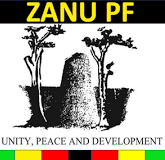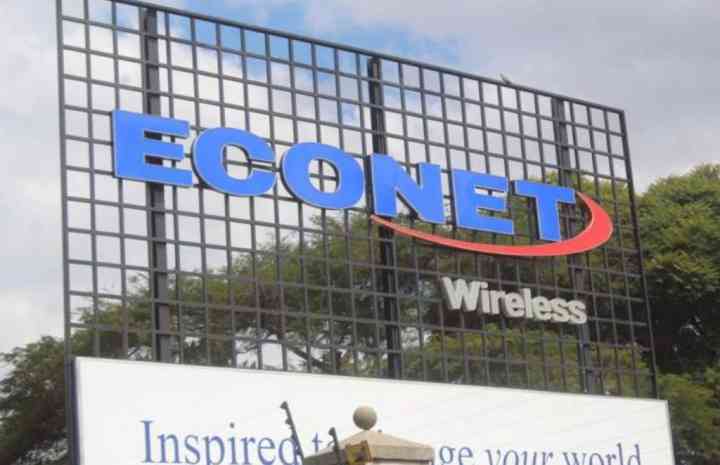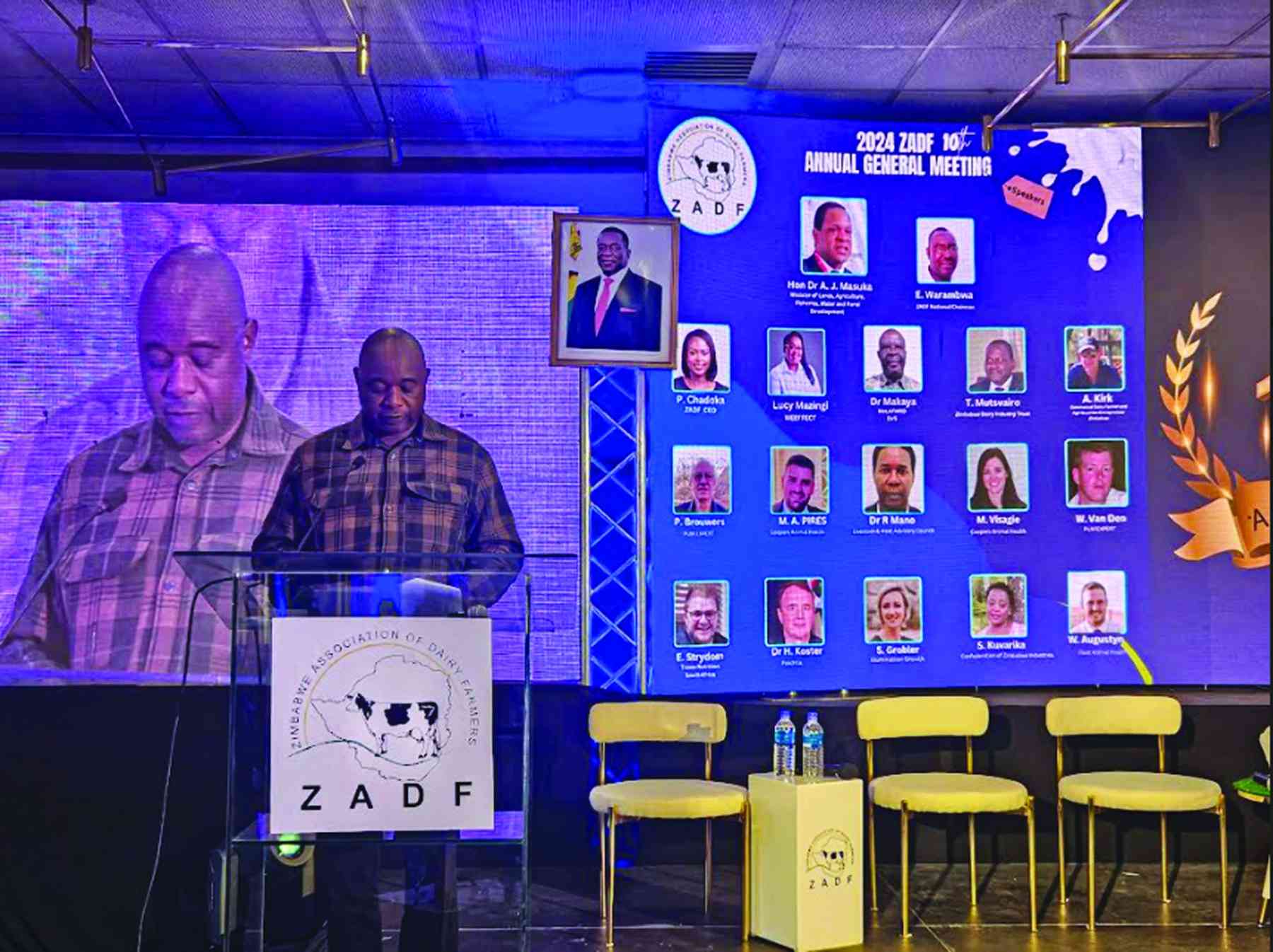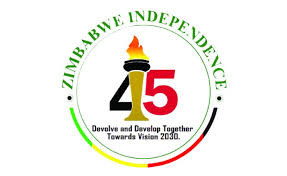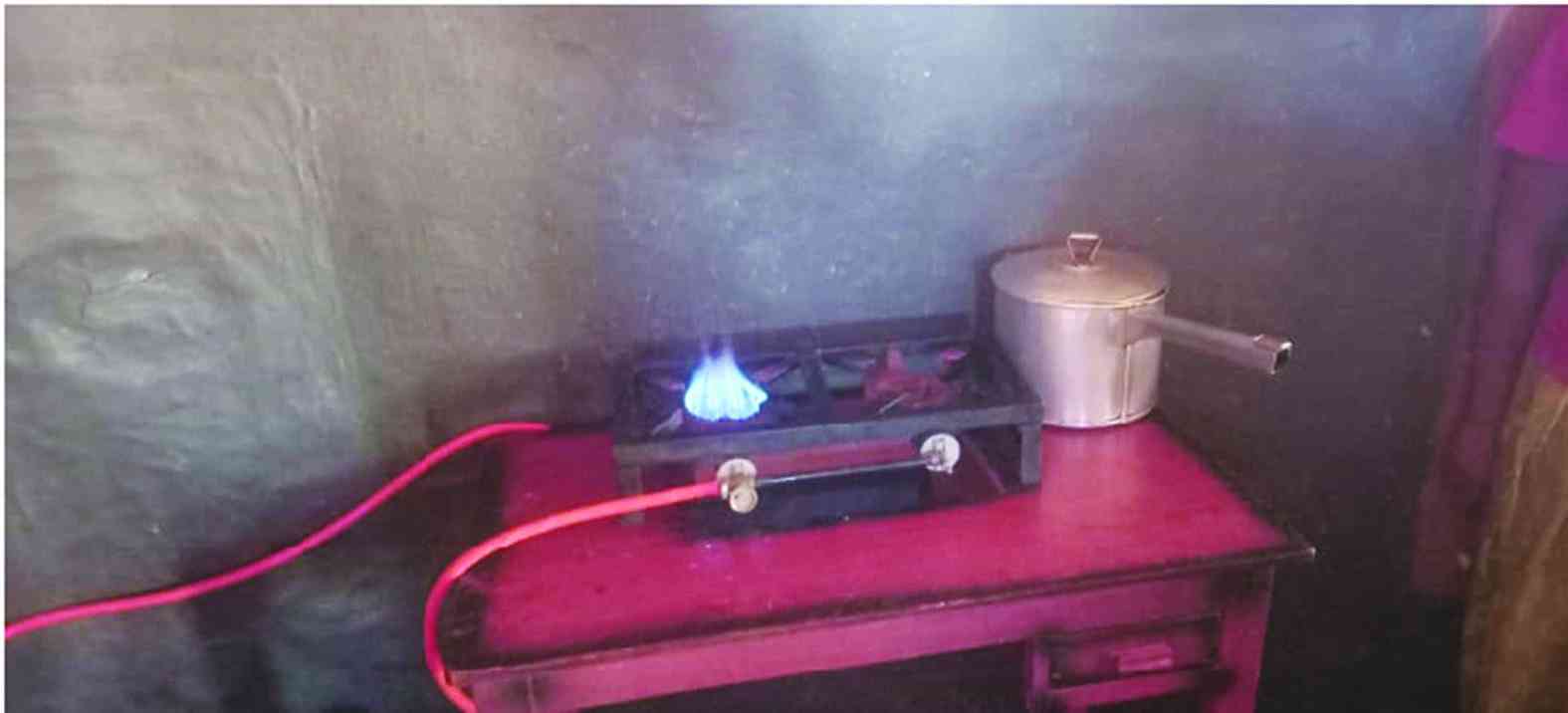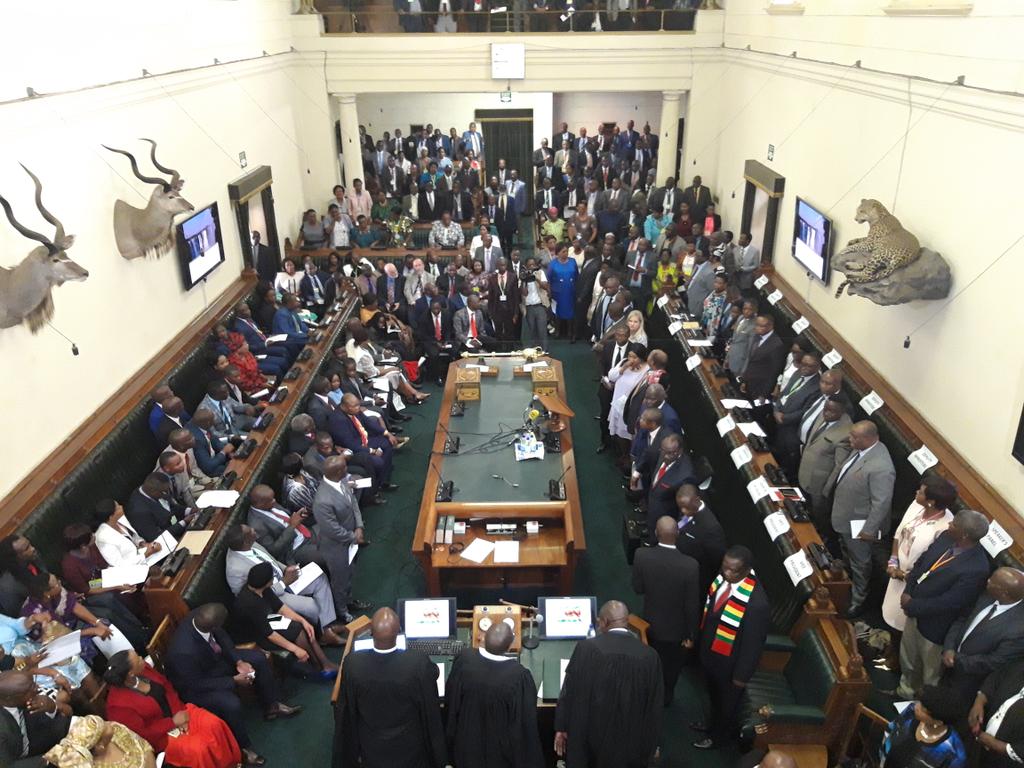
BY TAPFUMANEI MUCHABAIWA PARLIAMENT has been urged to come up with regulations that will ensure that the nearly US$1 billion received from the International Monetary Fund (IMF) under Special Drawing Rights Funds (SDRs) is accounted for.
At a capacity building workshop with the Parliamentary Portfolio Committee on Budget and Finance on Tuesday in Harare, civic society organisations (CSOs) expressed concern that the SDRs could have been diverted towards paying civil servants and other already funded projects.
Global policy and advocacy officer for the Jesuit Justice and Ecology Network Africa (JENA) and Catholic priest Father Fernando C Saldivar said there was need to ensure transparency and equitable access to the SDR funds.
“Beyond the existing need to service outstanding debt, poor and middle income countries face a twin budgetary challenge as a result of COVID-19 — a sharp reduction in growth and a need to spend on healthcare and vaccines.
The allocation of new SDRs and their potential redistribution among IMF member States is one way of addressing these challenges,” Saldivar said.
“While they are much smaller than the allocations made to wealthier countries, the SDRs allocated to African countries are not trivial. Each allocation represents an additional influx of liquidity into the reserves of each country’s central bank — in layman’s terms, money that did not exist there prior to the allocation.
The question for us is, “What are they going to do with it?”
Saldivar said Parliament should critically identify opportunities to influence or shape the direction of how SDRs are put to use by the Zimbabwean government.
- Chamisa under fire over US$120K donation
- Mavhunga puts DeMbare into Chibuku quarterfinals
- Pension funds bet on Cabora Bassa oilfields
- Councils defy govt fire tender directive
Keep Reading
“Parliament are the citizens’ mouthpiece and they should identify how the issue of SDR allocation or redistribution ties into other areas of focus, such as debt, climate change, food security, and how co-ordinated advocacy strategies might be developed on a national and regional basis to press for additional allocations by the IMF and also look at ways to increase the visibility of the Resilience and Sustainability Trust (RST) process and call for greater African participation in the development and implementation of the RST.”
Zimcodd programmes manager John Maketo said: “We condemn the lack of transparency in the use of funds that have been obtained by the government with the intent to serve the nation. As
citizens, we look forward to the Finance ministry informing citizens on how it is using the funds.”
Maketo urged the Parliament Budget Office (PBO) to track what percentage of the breakdown given by the Finance ministry is allocated to what purpose, rather than just say we have given 40% to a certain ministry.
PBO director Pepukai Chivore said there was need to come up with tracking tools to ensure that the SDR funds are properly accounted for.
“There is need for a tracking tool which will enable us to tell how the country is using the funds because there have been discrepancies in the movement of information as some unconfirmed claims have said that the government is using the SDR funds to pay its civil service, while others also talk of a payment backlog in the central bank’s auction rate system,” Chivore said.
Economist Prosper Chitambara said the Finance ministry should constantly update the public on how its is using the SDR funds.
“It is evident that our citizens are not familiar with the SDRs as it is an expert language. The onus is on the ministry of finance to be constantly updating the nation in its Treasury bulletin in terms of where we are with respect to this SDR allocation,” Chitambara said.
Last year, the central bank and the Finance ministry in a joint statement said the SDR funds will go a long way in buttressing the stability of the country’s domestic currency, adding that the funds would be used prudently, with utmost accountability to support the social sectors namely health, education and the vulnerable groups.
SDRs are assets specifically created by the IMF to supplement the official reserves of IMF member countries.
They are not a currency but could be converted into powerful currencies like the US dollar.
Zimbabwe received US$961 million in SDR funds from the IMF in August last year.
- Follow Tapfumanei on Twitter @tapfumanei03

